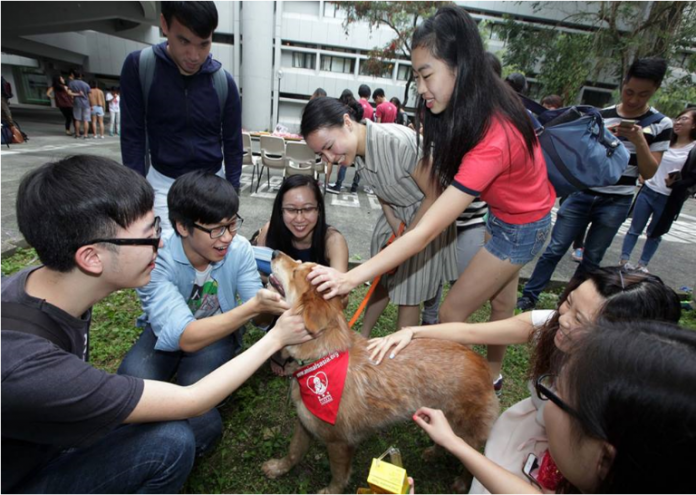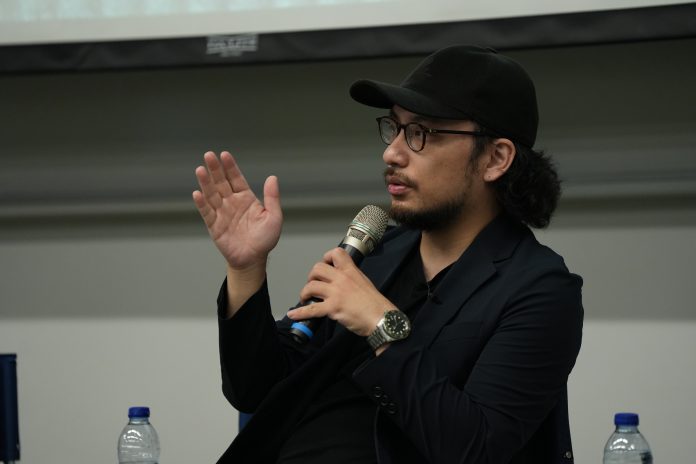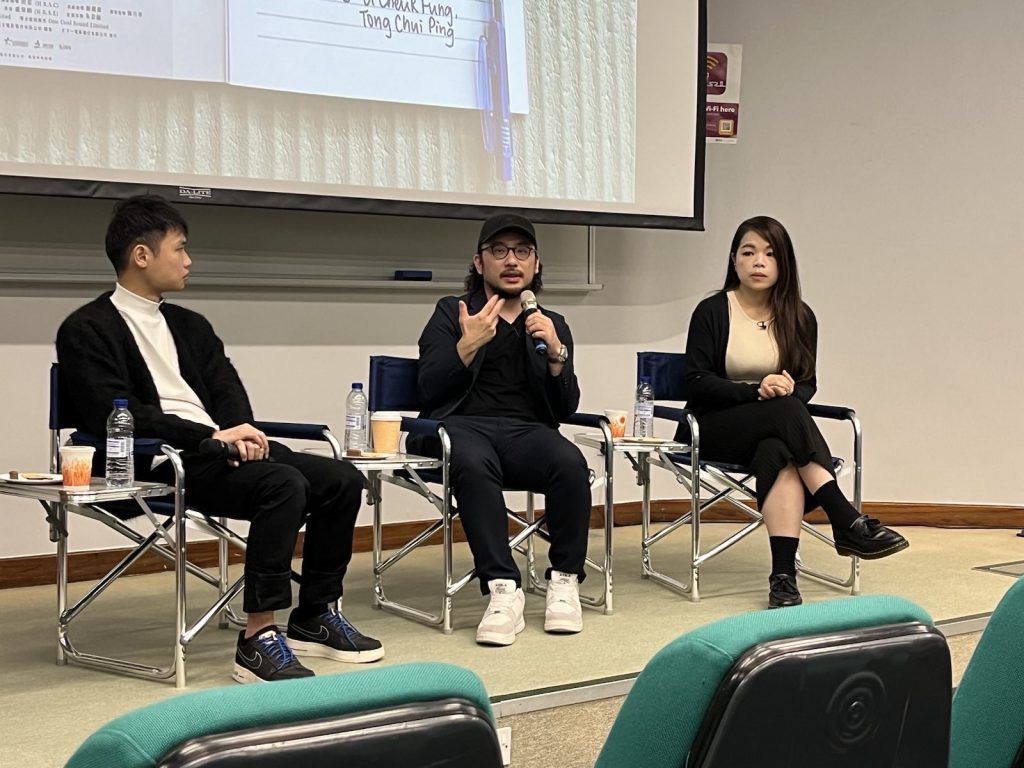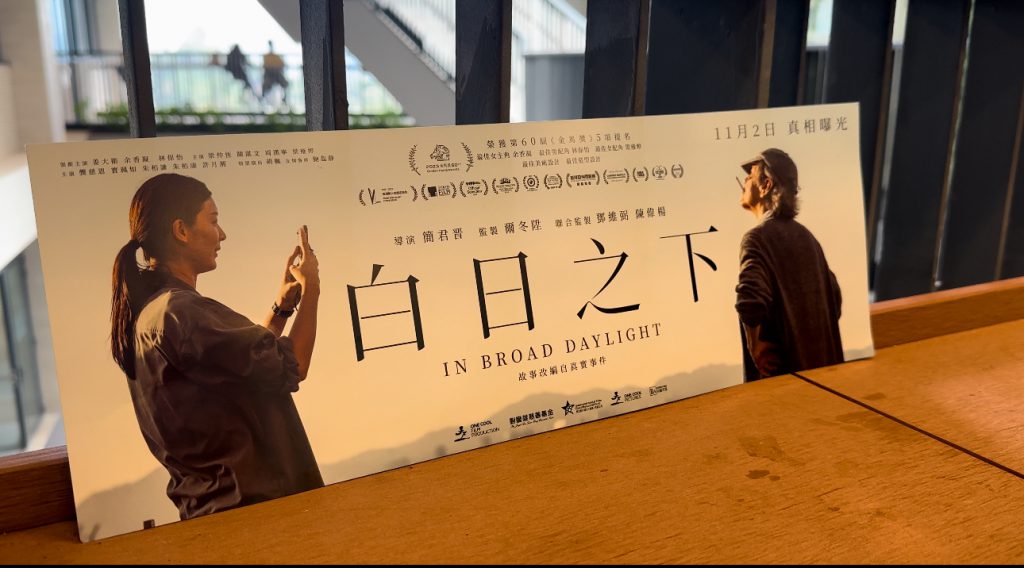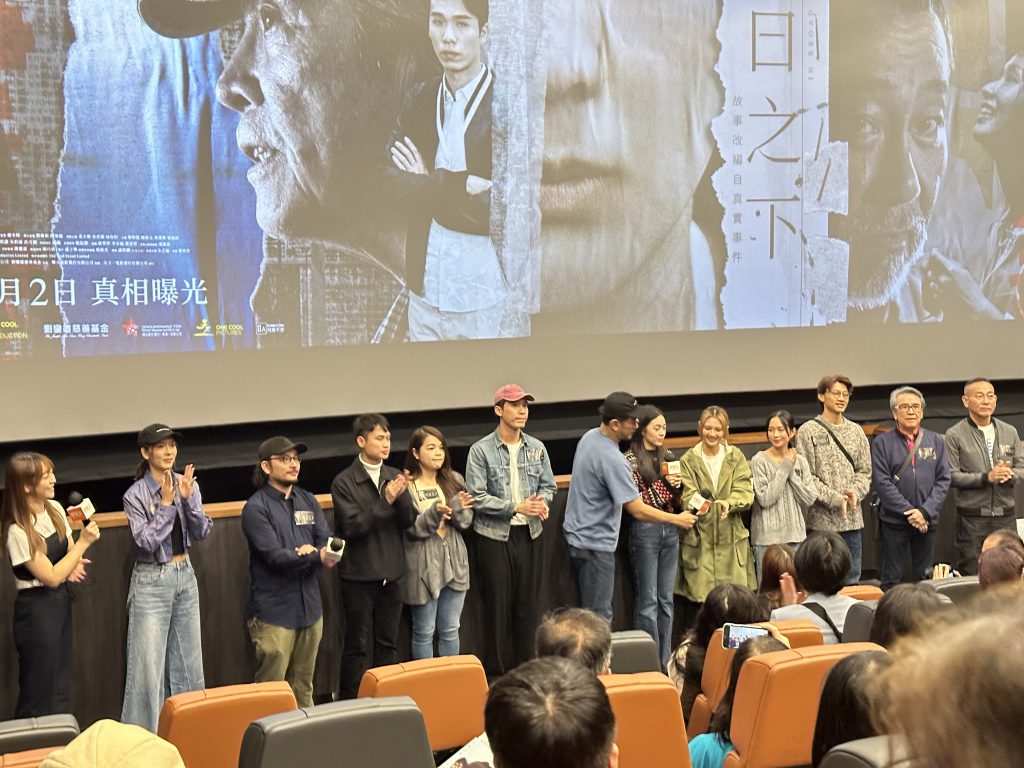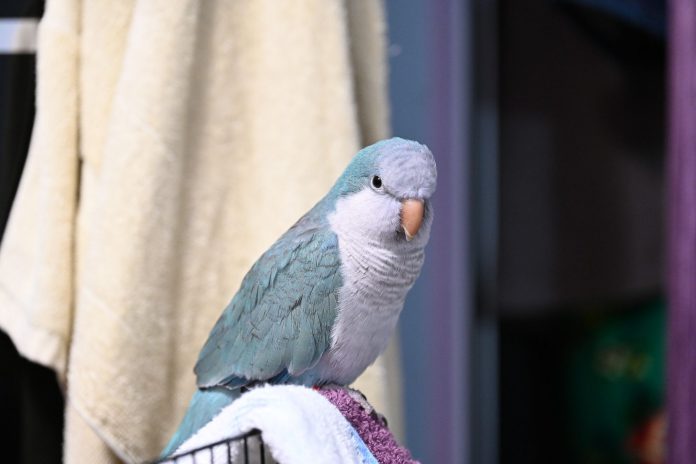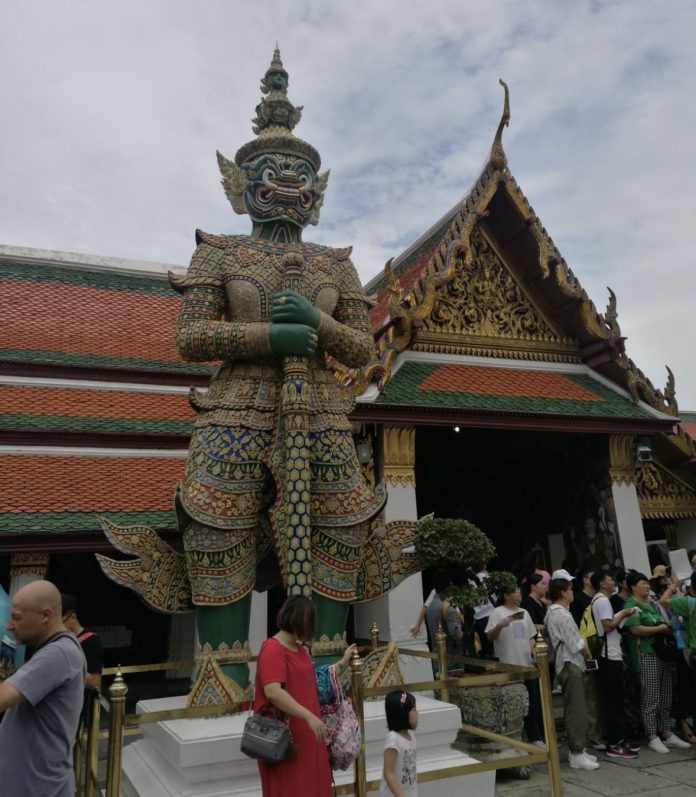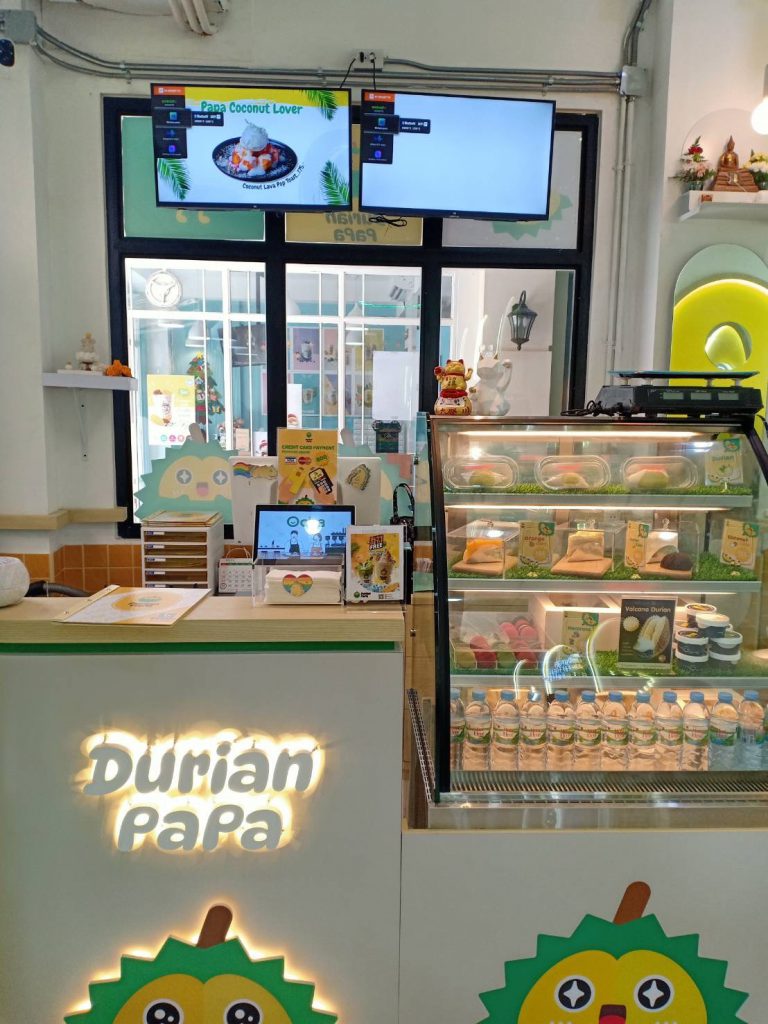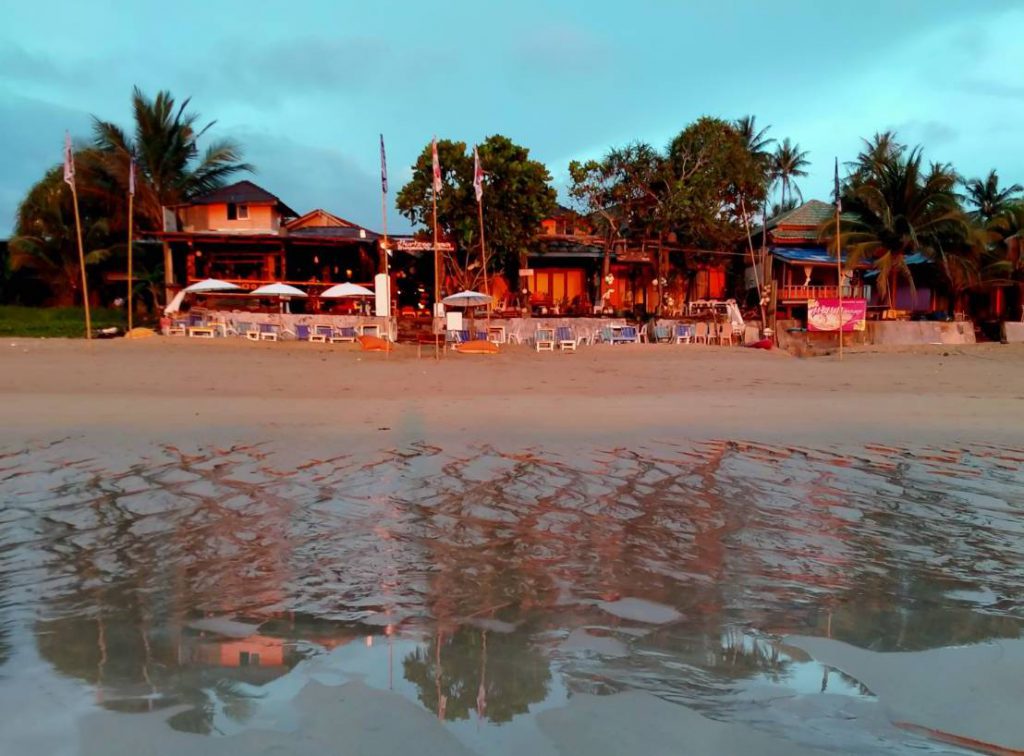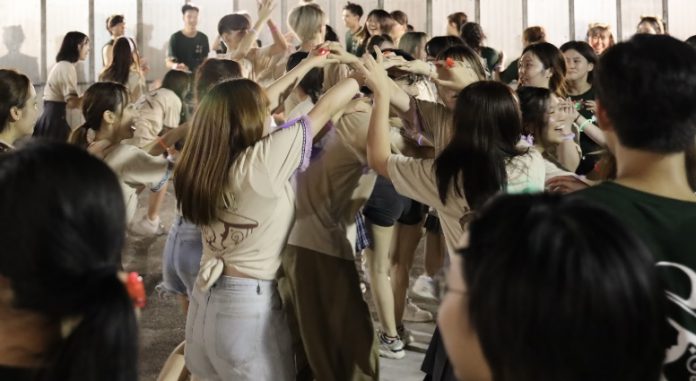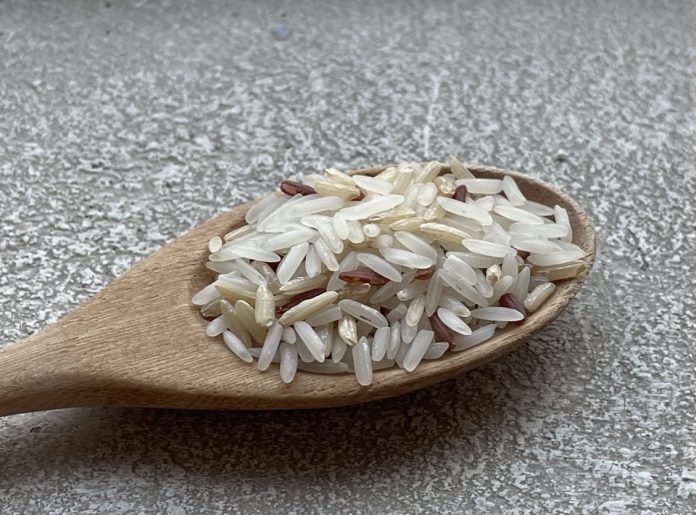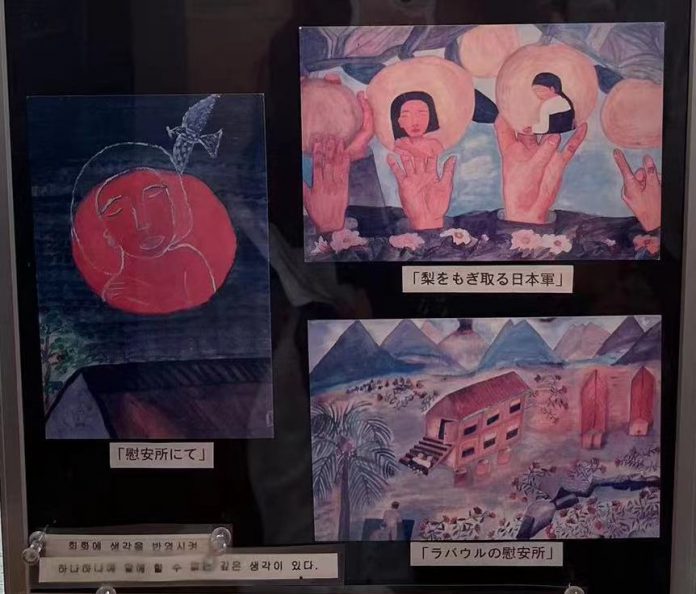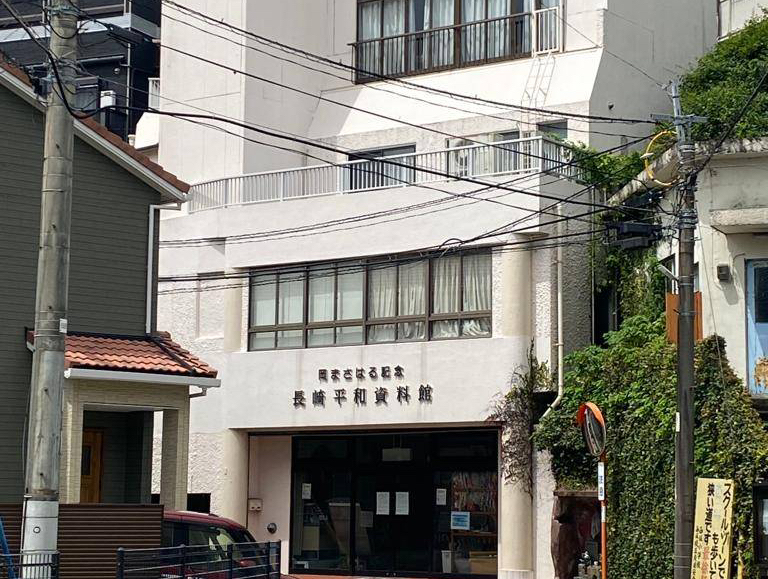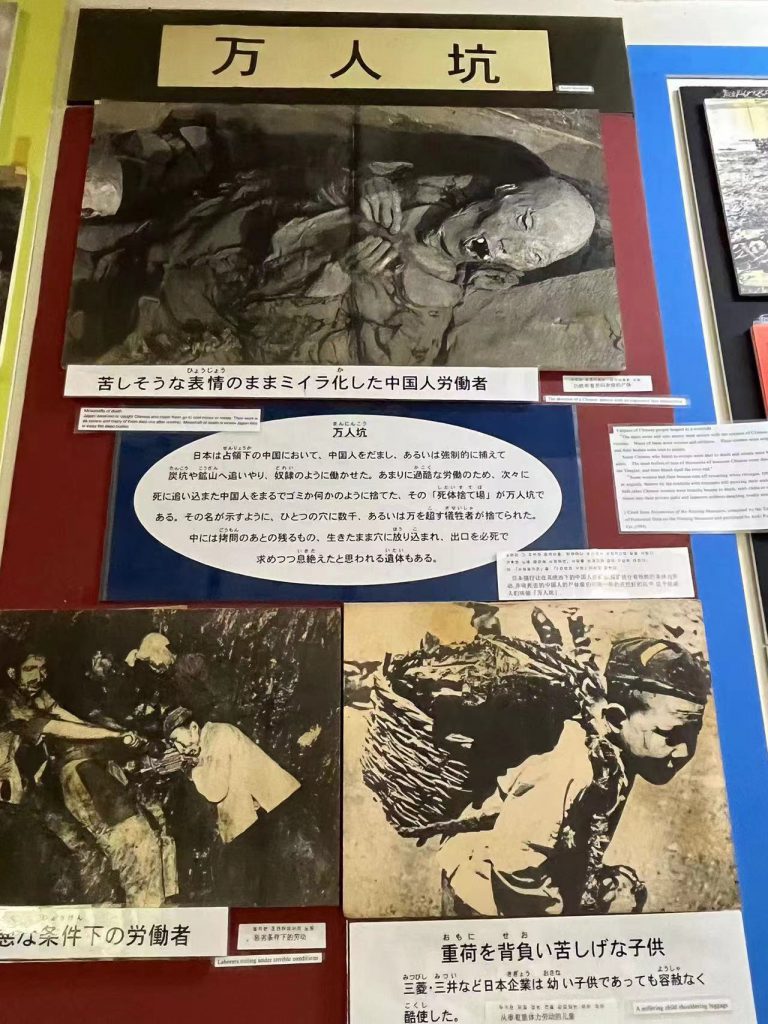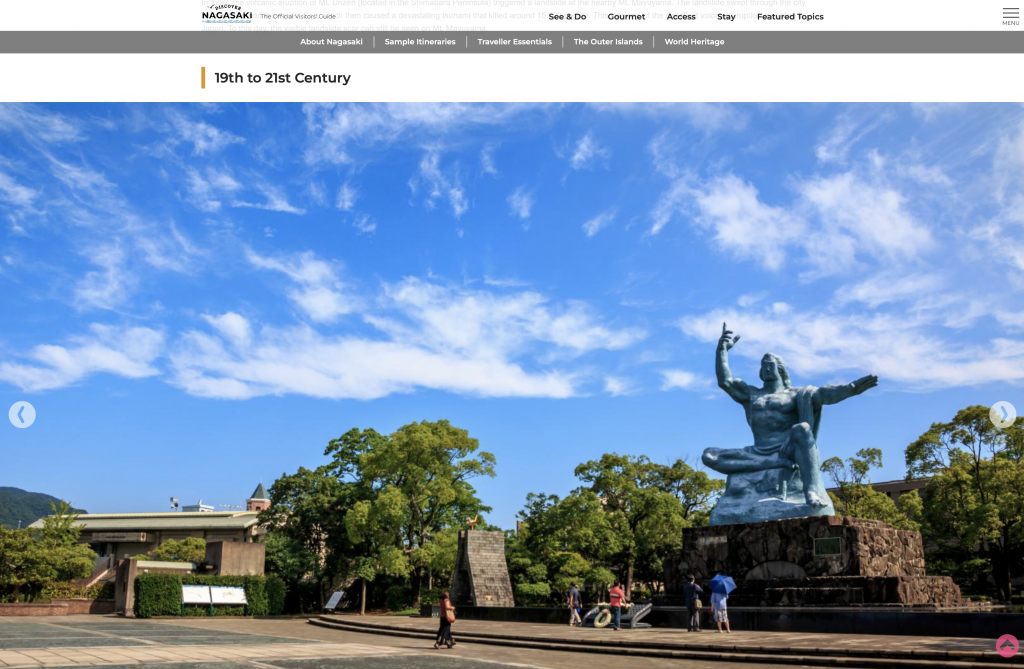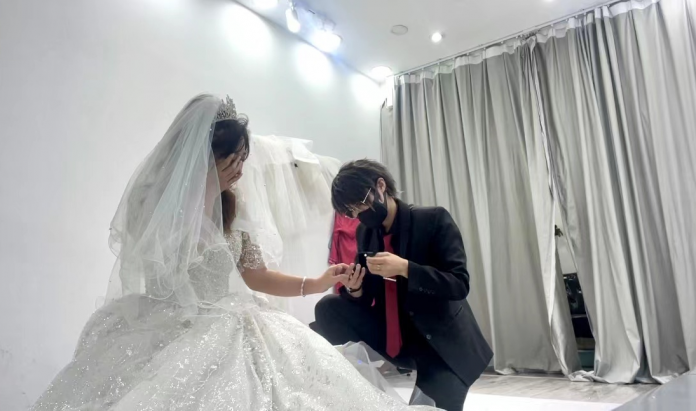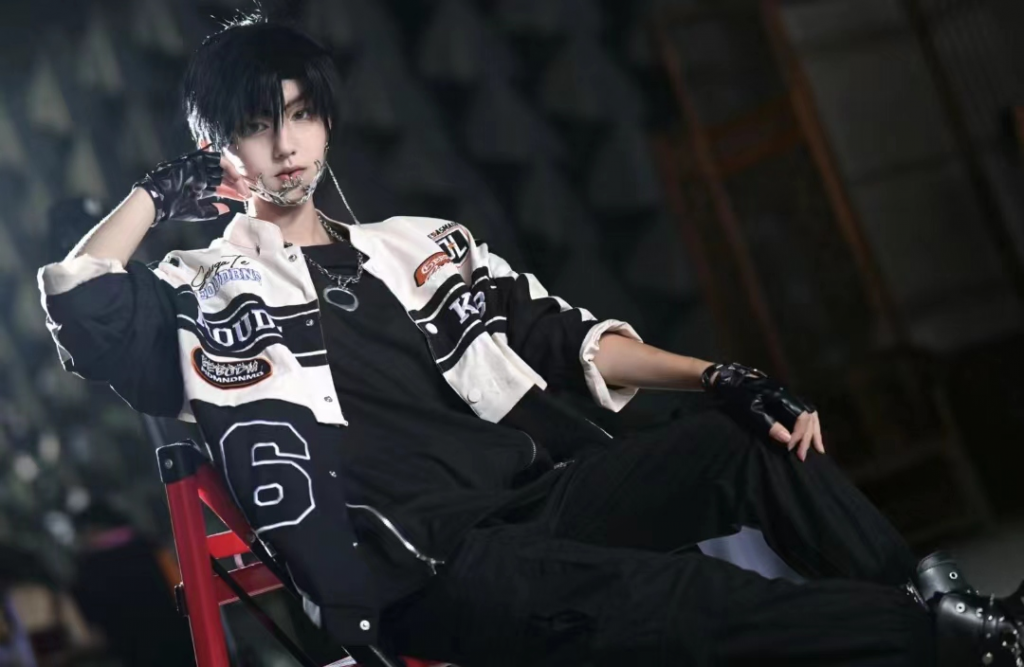Therapy dogs bring joy and comfort to patients in hospitals and students in educational institutions.
By Molisa Meng
Eleven-year-old poodle Curry has been serving people in need of happiness at hospitals, centres for the disabled, nursing homes and schools by playing with patients to calm their vexing nerves as a therapy dog since 2015.
Having taken care of the therapy dog for 11 years, Jessie Leung recalls a visit she made with her pet to the Society for the Promotion of Hospice Care in Sha Tin recently.
“The patients smiled and laughed once they saw Curry. They petted and cuddled Curry and chatted in a happy mood. Some elderly told me Curry reminded them of their own dogs,” she says.
“Curry enjoys playing with people. I wanted Curry to be a therapy dog because I feel great that I can make others happy. It receives no formal training but it is very considerate and knows how to get along with humans. When playing with the elderly and children, Curry acts like a puppy,” Leung says.
She is proud of the pet’s gentle characteristics which enables it to be a good Doctor Dog.
Marnie Yau, Doctor Dog Programme Manager of Animal Asia, says that Doctor Dogs like Curry are good for inpatients at hospice care centres because patients have serious illnesses and are approaching the end of life.
“During visits, patients feel warm, comforted, happy, and relieved. Their spiritual conditions can be greatly enhanced. Patients have benefited from visits by our four-legged furry doctors,” Yau says.

Founded in 1991, the animal welfare non-governmental organisation Animals Asia has been running Doctor Dog programmes for 32 years, currently with over 100 dogs and their guardians volunteering in Hong Kong. Curry is one of them.
To qualify as a Doctor Dog, all dogs are required to take the Doctor Dog Behaviour Assessment Examination to check on their personalities and responses to certain situations including touch, noise and receiving food, and reaction to people.
Doctor Dogs with excellent performance in visits will become Professor Paws which are qualified to visit schools and interact with students. This year, Curry has been crowned as Professor Paw.
Karina O’Carroll, the education manager of Animal Asia Foundation, says the dogs join the service for one hour during each visit. Their visits cover different age groups and different people with different needs.
“We are inclusive to everyone who wants to spend time with dogs. Dogs bring joy, love, and affection. Most importantly, dogs do not judge. A lot of times, people experience judgement about their looks and jobs but dogs do not care. If you give them love, affection, and kindness, they will do the same,” Carroll says.
“Many of the therapy dogs have their own stories of adversity. Some are adopted from local shelters by their guardians and now they can give back to society as therapy dogs,” she adds.

Professor Paul Wong Wai-ching of the Department of Social Work and Social Administration at the University of Hong Kong points out that playing with animals helps people feel relaxed.
“When we play with animals, oxytocin, a chemical in our brain that makes us feel happy and relaxed, will be released,” he explains.
According to Wong, dogs are the most commonly used animal in therapies because they can be well-trained and are good at reading humans’ emotions and behaviours.
“So far, animal-assisted therapy has been applied to several psychological diseases including depression and post-traumatic stress disorder,” he says.
But Wong warns dogs should not work too frequently or for too long as that makes them feel stressed and tired.
“I hope animal therapy will be more widely used in Hong Kong, but the lack of professionals in the field must first be addressed,” he says.
Theme picture provided by Marnie Yau to Varsity
Edited by Christine Tang
Sub-edited by Leopold Chen





































